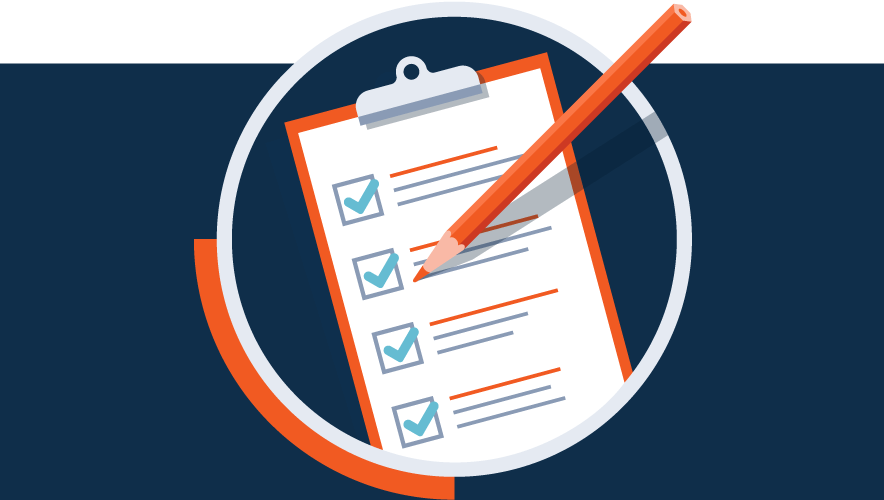Workplace Communication Lessons from a Crisis Negotiator
Technical skills are important, and younger professionals seem to value them highly. But the older officers, security professionals, and tacticians are wise to the importance of a softer approach.
As a former hostage and crisis negotiator, I can attest that soft skills are just as perishable as hard skills. Spending time on the range is important if you want to keep your shooting scores high. Similarly, spending time on the phone is important to keep your communication skills high. Negotiators often train regularly, knowing that the skill is easily diminished and constant practice is important.



















